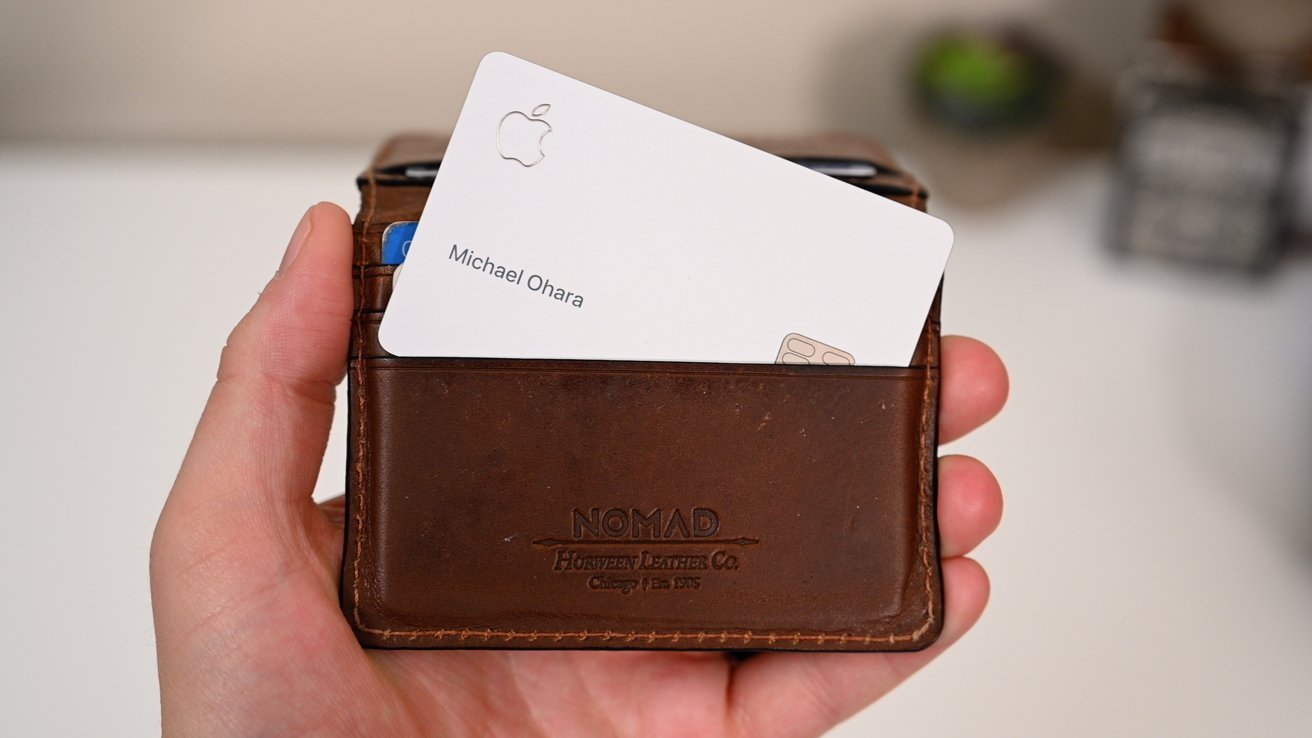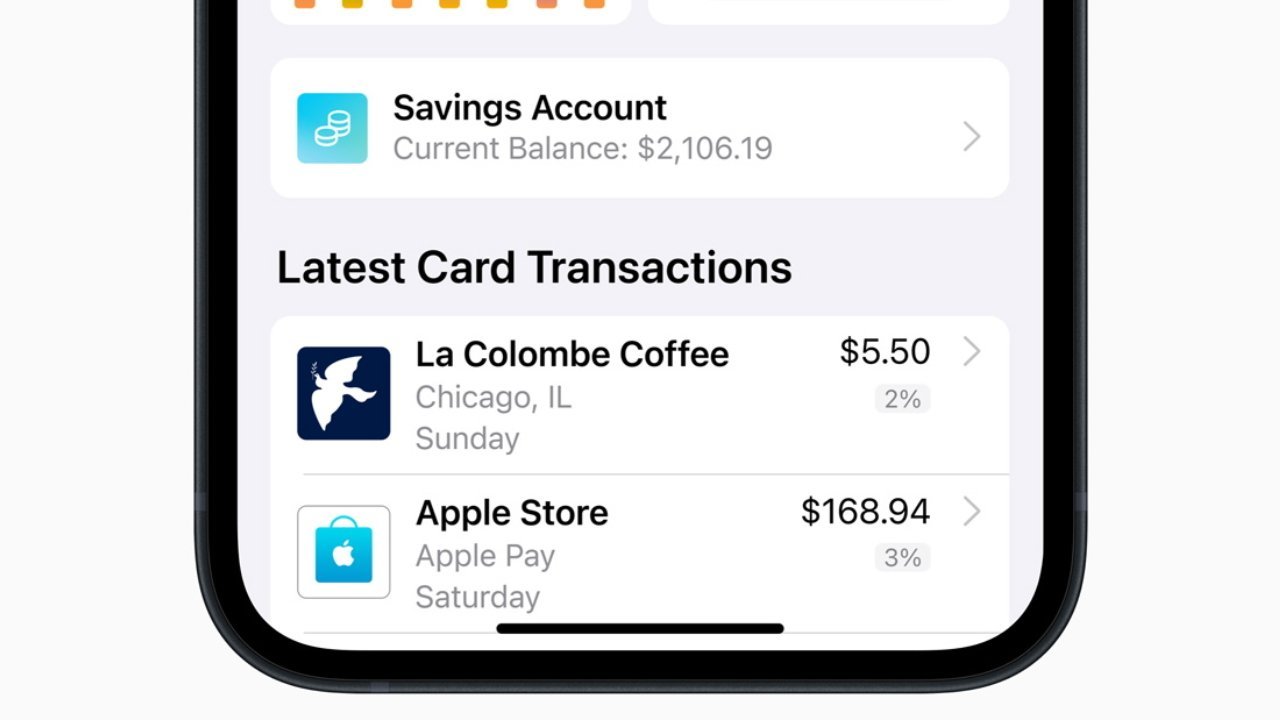Goldman Sachs CEO David Solomon signaled the possible early end of the bank's Apple Card partnership due to financial losses and regulatory challenges.
The collaboration between Apple and Goldman Sachs on the Apple Card may end before its 2030 contract expiration, according to Reuters. The announcement follows years of financial losses and regulatory challenges for the investment bank, raising questions about the future of Apple's first credit card.
Goldman Sachs partnered with Apple in 2019 to launch the Apple Card, which delivers seamless integration with iOS and user-friendly features like no fees and enhanced privacy. While the card gained popularity among Apple customers, it proved costly for Goldman.
The company reportedly lost $1.2 billion in 2022 due to the partnership, with its platform solutions unit posting an $859 million net loss in 2024.
The financial strain wasn't the only issue — Goldman Sachs also faced regulatory scrutiny over its credit card business. In October 2024, the Consumer Financial Protection Bureau (CFPB) fined the bank more than $90 million for missteps related to the Apple Card.
The agency scrutinized Goldman Sachs for billing errors, dispute resolution, and compliance with the Fair Credit Billing Act. It also examined payment dispute delays and errors causing incorrect charges or adverse credit score impacts.
The CFPB found Goldman Sachs struggled to meet regulatory consumer credit standards, despite its reputation as a global investment bank known for its expertise in financial services.
These challenges led Goldman Sachs to explore an early exit from the partnership. By 2023, Goldman Sachs began informal discussions about transferring its role as the Apple Card issuer, with JPMorgan Chase emerging as a potential replacement, among other banks.
Talks are ongoing, but no successor has been confirmed.
The partnership has also impacted Goldman Sachs' financial performance, dragging down its return on equity by 75 to 100 basis points in 2023. Still, CEO David Solomon expressed cautious optimism, forecasting improved returns by 2025 or 2026 as the company reassesses its focus.
Apple faces questions about the Apple Card's future with Goldman Sachs' potential departure. Despite its strong user base and ecosystem integration, Apple seeks a replacement bank that aligns with its customer-first approach.
However, combining tech innovation with the heavily regulated financial services sector poses challenges.
Apple Card & Savings
Apple Savings, introduced in 2023, enhances the Apple Card's appeal. Powered by Goldman Sachs, it's a high-yield savings account that automatically deposits Daily Cash rewards or adds funds from linked bank accounts.
It has seamless integration into the Wallet app with no fees or minimum balance requirements. Offering competitive interest rates, Apple Savings allows users to grow their money while staying connected to Apple's ecosystem.
A change of banks for the Apple Card could impact Apple Savings, as the feature is currently backed by Goldman Sachs. If Apple transitions to a new banking partner, such as JPMorgan Chase, it may require adjustments to the savings account infrastructure, potentially disrupting account management and Daily Cash reward deposits.
Interest rates and account features may change under a new bank, potentially affecting Apple Card Savings' competitive edge. Apple will obviously prioritize a smooth transition, but major changes to account ease of use, fees, or Wallet app integration could reduce user satisfaction.
The Apple Card remains a compelling product with unique features and a digital experience in the Wallet app. As discussions progress, it's not certain what form the Apple Card will take as a new bank comes on board.
 Andrew Orr
Andrew Orr








-m.jpg)






 Charles Martin
Charles Martin

 Wesley Hilliard
Wesley Hilliard
 Stephen Silver
Stephen Silver
 William Gallagher
William Gallagher

 Marko Zivkovic
Marko Zivkovic










10 Comments
Why not just straight with Mastercard or visa? Logo issues?
It's an extremely mediocre card anyways. Not much will be lost if the card goes away.
Please just keep the Apple Credit Card and related app integration in Apple Wallet the way it is, don’t change anything.